Adaptive meshless simulations of fluid flow and heat transfer
Please login to view abstract download link
In recent years, meshless methods have been largely utilized to numerically solve the partial differential equations (PDEs) arising in fluid flow and heat transfer problems. For the estimation of linear differential operators such as derivatives or Laplacian, we use a meshless method based on least squares approximation, also known as Generalized Finite Difference Method (GFDM). Meshfree collocation methods stand out for their ability to refine computational domains without the constraints of mesh connectivity, offering a level of flexibility and efficiency. Unlike mesh-based methods, meshfree refinement inherently avoids issues such as hanging nodes, simplifying the refinement process. With an emphasis on automated adaptation for unsteady fluid flow simulations, we showcase the use of a-posteriori error indication techniques. Adaptive refinement help improve the accuracy of numerical simulations as the regions with sharp gradients of fluid flow variables have finer discretization of meshless points, hence lower approximation error along with reduced computational cost as there is no need to provide high density of scattered points throughout the solution domain. Here, we take into account only the h-adaptivity, which means the meshless points are added or removed based on the spatial variation of the error indicators. We also provide a comprehensive analysis of the influence of different residual and recovery-based error formulations for fluid flow around a stationary and oscillating cylinder. It is observed that error indicator based adaptive h-refinements improve the computational efficiency and significantly reduces the computational cost of the above-mentioned numerical simulations.

